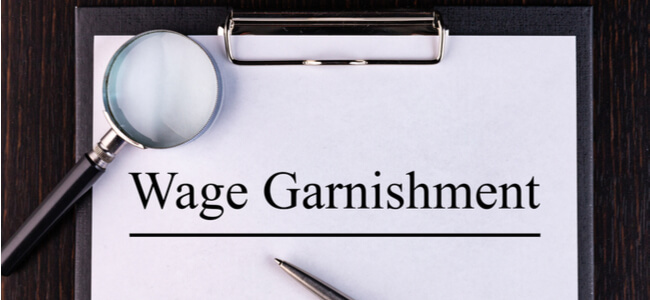Critical Insights Concerning Your Credit Report

Surveys indicate that many consumers don’t understand the meaning of a credit report. “Credit score” appears to be a more familiar term. However, your score is based on the information contained in your report. Reviewing your report is one way to start protecting your score.
In this article, we’ll cover some critical insights concerning your credit report. This includes how to access it, what to do when you find errors, and how it affects your credit score.
Where to Find Your Credit Report
There are three national credit bureaus: Experian, Equifax, and TransUnion. You’re entitled to one free credit report from each of them every year. You can request a copy by email, phone, or online.
The credit bureaus receive the following information:
- The credit limit on your credit cards
- The original amount of your loans
- Credit cards and loans balances
- Payment history and loans that have been repaid
- Accounts sent to collections
- Bankruptcies, judgments, and other actions taken against you
What Goes Into Your Credit Score?
Five factors are used to calculate your credit score.
- Payment history. Your payment history comprises 35% of your score. Both revolving credit and installment credit is included. If you consistently pay 60 or 90 days late, it’ll be noted on your report
- Credit utilization. Credit utilization comprises 30% of your score. This is the total amount of credit available to you versus the total amount you’re using. For instance, if you’ve maxed out all your credit cards and your line of credit, your utilization ratio will be high
- Credit history. You might think it’s a good idea to close an account that you’ve paid off. However, keeping it open helps your credit score. Your credit history comprises 15% of your score. The longer the length of your credit history, the better your score
- New credit. Ten percent of your score is based on the number of inquiries that are recorded in your report. Every time you apply for a credit card or loan, the lender pulls your report. These are known as hard inquiries, which means that they stay on your credit report for as long as two years. When you request your report, this is considered a soft pull and doesn’t impact your score
- Credit mix. This makes up 10% of your score. Successfully managing a variety of accounts, such as installment loans, credit cards, and retail accounts will help you build good credit
How Your Credit Score Impacts Your Life
Your credit score impacts every facet of your life.
- Financing. Lenders use your score to determine if you’re a risk or not. If you have poor credit, your application might be denied, or your interest rate will be less favorable
- Many municipalities require residents to make a deposit before services are installed. If you have a good score, you might secure a waiver
- Housing. Potential landlords will pull your report. They’re looking for negative information that indicates you might not pay your rent on time. If the landlord decides to rent to you anyway, he or she might ask for a larger deposit or a cosigner for your lease
- Employers. It’s become a trend for employers to check credit reports of potential employees. In their eyes, how you manage your finances is a good indicator of how you’ll handle your responsibilities in the workplace
Why You Should Check Your Credit Report
It’s imperative that you check your report at least once a year. Here’s why:
- The information in your report can be erroneous. You paid off a loan, but it’s showing as open. If you filed for bankruptcy, your accounts should be noted as “discharged” or “settled in bankruptcy”
- Identity theft. According to Consumer Affairs, new account fraud cost consumers $3.4 billion in losses in 2019. Most fraudulent accounts were for car loans, credit cards, and mortgages. Check carefully to be sure no fraudulent accounts were opened in your name
- Managing your finances. Your report provides a complete snapshot of your financial life
What Should You Do If You Find Errors On Your Credit Report?
If you find errors on your report, immediately take the following action:
- Contact the credit bureau with a certified letter, which states “return receipt requested”
- Explain why you believe the information is an error and request that it be removed or corrected
- Provide facts that support your dispute
- Attach copies of all documents that support your claim
- Include a copy of your credit report and highlight the disputed item(s)
- Keep copies of everything you send to the credit bureau
The credit bureaus must review your claims within 30 days.
Bottom line
You can now understand how it truly impacts your entire life. It’s imperative that you check this report at least once a year and before applying for financing. Remember, these are soft pulls that won’t negatively impact your credit score.
Your credit score is based on the information in your report, so you’ll need to read your credit report with a clear head and make sure all the information is accurate. Contact the reporting bureaus immediately if you find errors or evidence of identity theft on your credit report.



